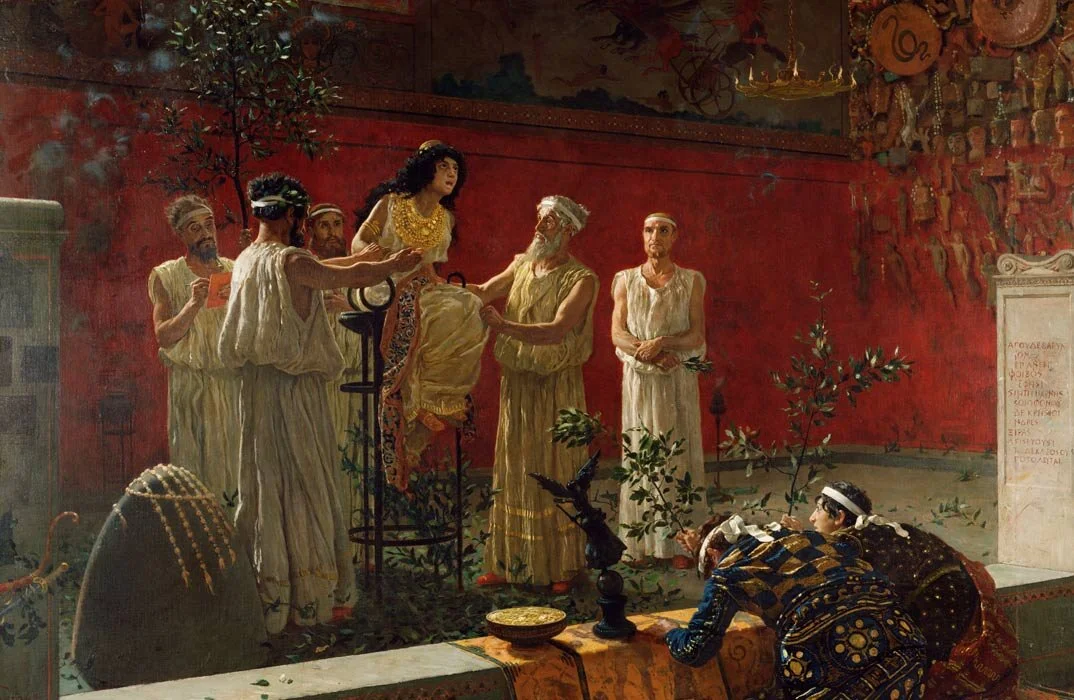Jackie Murray, Associate Professor of Classics and African American and Africana Studies at the University of Kentucky, will deliver a lecture entitled "Anchored in time: The date in Apollonius' Argonautica."
Prof. Murray has kindly provided the following abstract:
"The Argonautica by the Alexandrian librarian Apollonius Rhodius is the only epic in Greek or Latin to survive intact that bridges the gulf of time and culture between Homer’s Iliad and Odyssey and Vergil’s Latin Aeneid. It retells the myth of the Argo’s voyage around the world, ostensibly reflecting the imperial ambitions of the Ptolemaic Dynasty during the period of its greatest territorial expansion and highest achievements in art, literature, and science.
Nevertheless, the Argonautica has yet to be adequately interpreted against this historical backdrop. For over a century all attempts to contextualize the epic within the appropriate historical, political, cultural, intellectual, or even poetological milieux have been hampered by a seemingly unsolvable controversy over the context of its publication. Although most of the ancient biographical tradition places Apollonius' career during the reign of Ptolemy III Euergetes (246-221 BCE), the prevailing scholarly opinion, which has dismissed this tradition as unreliably late and self-contradictory, is that the Argonautica was written a generation earlier, during the reign of Ptolemy II Philadelphus (285-246 BCE).
In this lecture, Dr. Murray uses astronomy to show that the skyscape of the Argonautica mirrors the real sky over Alexandria in 238 BCE: the year, according to the Canopus Decree, that Ptolemy III and Queen Berenice II introduced a new astronomical calendar to celebrate their reign. The correspondence between the poem and the introduction of the calendar both confirms the majority of biographical sources and suggests that the two were inextricably linked to the royal ideology of this particular Ptolemaic royal couple."
*This lecture is Co-sponsored by the Classics Program of The Graduate Center, CUNY

